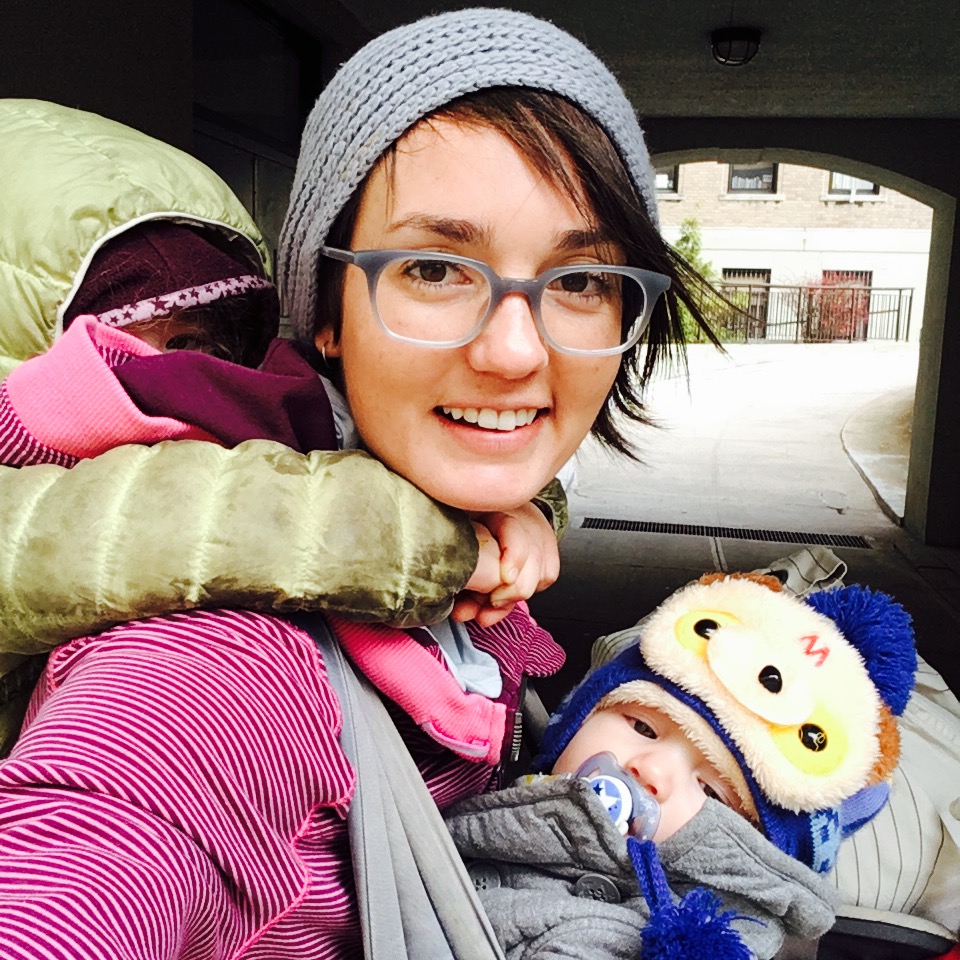by Lizzie Heiselt
It turns out that mom-guilt has been a thing at least since the mid-nineteenth century. I didn’t know that. But Anne Bronte introduces the title character of her book “The Tenant of Wildfell Hall” during a conversation in which many of her parenting choices are called into question by virtual strangers. I’m not sure whether I’m comforted to know that the judgment of mothers is not a new problem, or even more disturbed that moms never have been—and probably never will be—trusted to know their own children well enough to decide how to raise them properly.

As Helen—the tenant—tries to defend herself and her parenting decisions, it’s quite obvious that no one is really listening to her or taking her seriously. But as the story progresses, and the narrative is turned over to her entirely for the greater portion of the book, she shows why she was able to walk away from the conversation with confidence in her, “Let’s agree to disagree,” attitude.
And that is where I really look to this book as a source of strength in my parenting. I have been judged for my parenting choices in small ways and large ways, in passing and as the focus of a small national discussion. The thing that I keep coming back to when people call out to me on the street for riding my kids around on a bike, or not putting a hat on my baby is that they are making their comment based on such a small amount of information about me. They didn’t see the battle I had with the baby about the hat just minutes before. They don’t know that I’ve been riding with my kids for years now. They don’t know that I have taught my kids and prepared them and intentionally given them opportunities to test themselves and find out what they are capable of.
It is nearly impossible to defend your parenting choices to anyone who doesn’t have a deeper knowledge of you and your situation. I think so many people hear, in your defense, an attack on their own choices as parents and as people. Helen, for the most part, gives up on trying to bring people around and instead keeps company only with those who are supportive and non-judgmental about her unusual circumstances. Her confidence in herself as a mother is inspiring, and as the story progresses and we find out how she got to where she is, it has helped me to look more deeply at my own choices as a mom—why I made them and why I think they are important. Maybe not the baby-with-no-hat kind of choice, but the choices to give my kids responsibilities and freedoms that others would balk at.
And, honestly, being forced to look at my choices as a mother by perfect strangers has clarified who I am and what my values are as a human being. I’ve felt my backbone strengthen and heard myself speak up to defend myself and my children. I’ve learned to advocate for a different perspective and have encouraged others to recognize the humanity and the independence of society’s smallest citizens. And while I am sure I could still develop a more diplomatic approach in some instances, I feel pretty great about standing firm in defense of my children and knowing that my vantage point gives me a better perspective than just about anyone.

